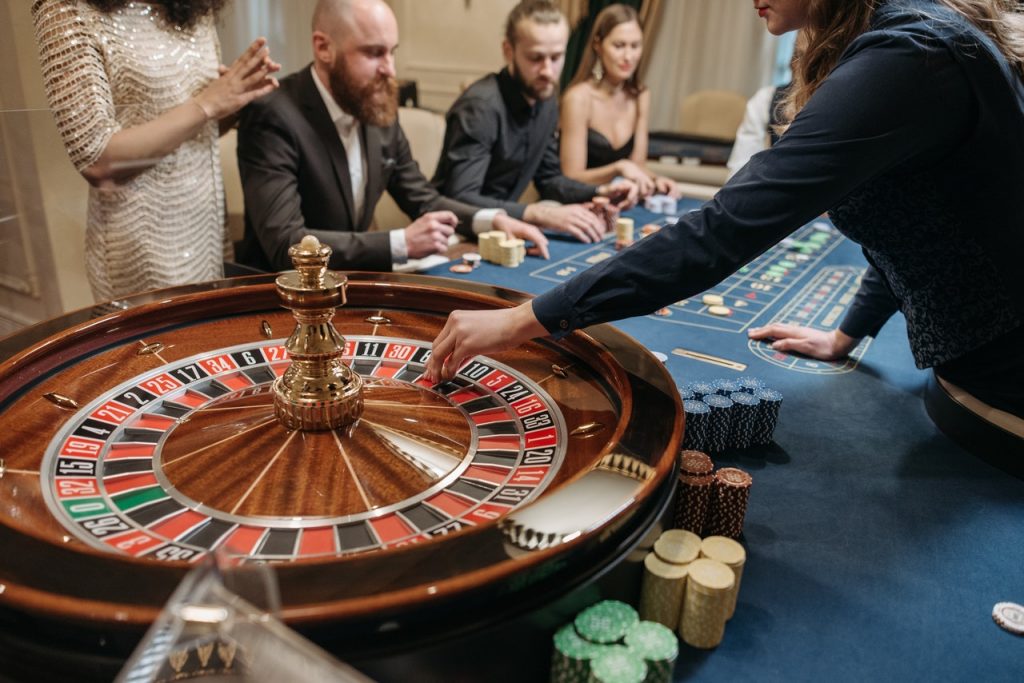The gambler’s fallacy is the erroneous assumption that if an event happened more often than anticipated in the past, it is less likely to occur in the future (and vise – versa), in a scenario where these events are independent of one another. The gambler’s fallacy, for instance, may lead someone to believe that if a coin they threw has fallen on heads twice in a row, it would most likely roll-on tails next. It’s vital to understand the gambler’s fallacy, since it has a significant impact on people’s thinking, both in terms of gambling as well as in other facets of life.
How to avoid it?
The gambler’s fallacy is one of the few cognitive biases that need more than just knowledge to overcome. To prevent making a mistake, you’d also have to realize that two events are unrelated. While it may seem to be simple on the surface, putting it into practice is a whole other story.
You’re already aware of the absurdity when you use strange mathematics to find patterns in a casino draw. Nevertheless, you choose to go that path since it is more comfortable for you all to depend on made-up logic instead of a false assumption.
You may avoid the gambler’s fallacy by using two easy methods:
- When you notice a pattern, consider whether the previous run may have influenced the next result.
- Consider the objects involved and their incapacity to influence each other if you find yourself making up a logic that isn’t persuasive. For instance, if you’re betting on a coin toss, remind yourself that a coin doesn’t have a brain or the capacity to choose the order in which it falls.
Because the gambler’s fallacy causes you to make choices that are frequently instant, these guidelines may prevent you from disastrous results. A simple reminder may be just the medicine you need to avoid embarrassing gaffes.
Is it Reasonable?
Whether you’re a gambler or not, you’re still subject to the gambler’s fallacy. If you’ve never been to a casino (might be playing Bingo Online) Or gambled before, you may still lose money by making poor choices. You may not place a wager, but you may commit a mistake that results in unintended repercussions.
Handcuff the gambler inside you from putting all the chips in the next time you see patterns in random sequences.

